The roots of a city’s name is often associated with the place’s culture, and understanding why and how a place was given its name can result in a fascinating outlook into its traditions, background and historical relevance.
Read on to find out super interesting historical facts about the etymologies of some of the world’s most important cities.
# New York
Formerly called New Amsterdam, the Big Apple was renamed New York in 1664 upon British acquisition. The territory changed hands following the second Anglo-Dutch war and New York was named after the Duke of York and Albany, who later became King James II of England.
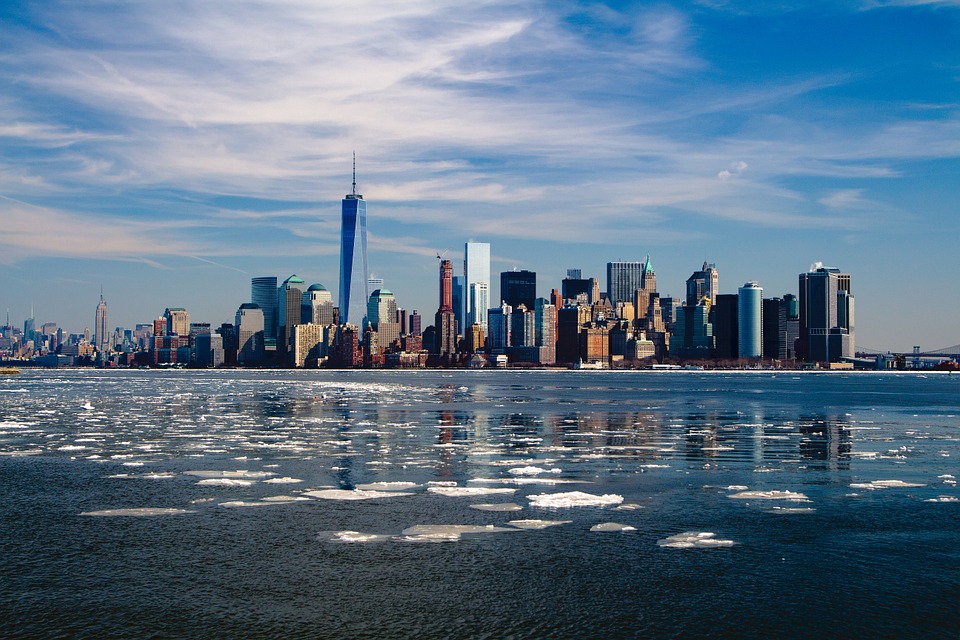
# Tokyo
On becoming hereditary military commander of the small fishing village of Edo (meaning “estuary”), Tokugawa made it his capital. In 1868 however, the emperor Meiji returned to power and moved his imperial palace from Kyoto to Edo, renaming the city Tokyo. Tokyo translates to East Capital.
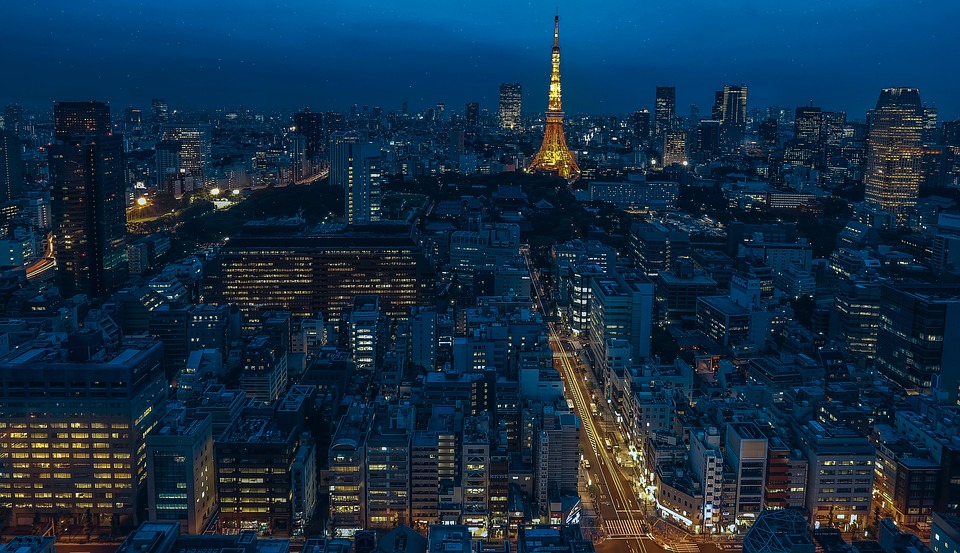
# Sydney
Captain Arthur Philip discovered a cove near Port Jackson (today’s Sydney Harbor) in 1788 and deemed it “without exception, the finest harbor in the world”. Although he originally planned on naming it Albion, which is a poetic name for England, he decided instead on Sydney after the 1st Viscount Sydney.
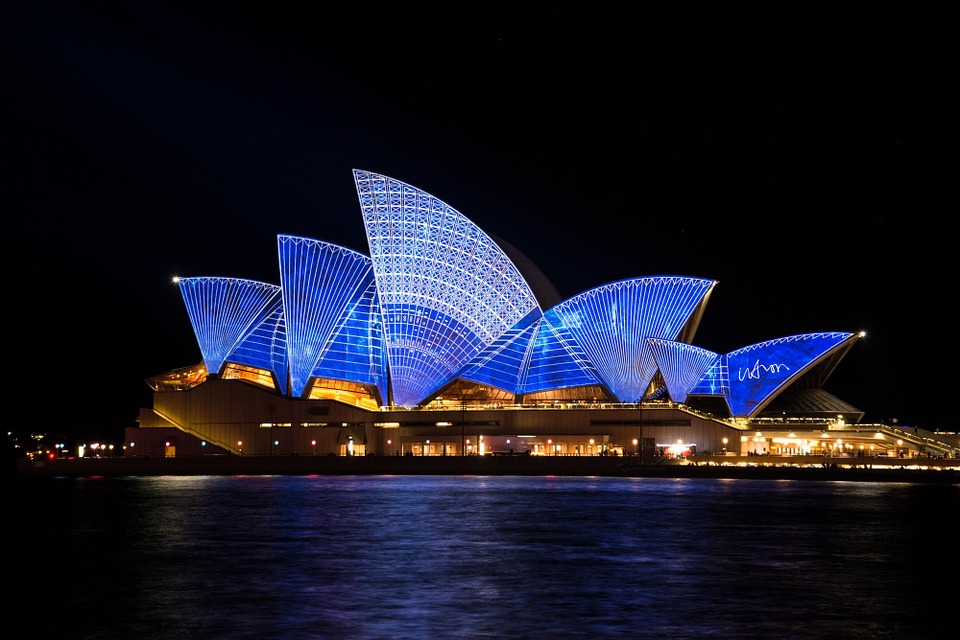
# Rome
This is one of the more popular city etymologies – ancient Roman myth believes that Rome was named after its first king Romulus, who was raised by a she-wolf after his uncle dumped him and his twin brother Remus in the Tiber river. There are opposing views however, including theories that the name came from Rumon, the archaic name for Tiber, and that Rome is derived from the Etruscan word ruma, whose root is *rum- (teat). This could reference either the wolf that adopted and suckled the cognately named twins, or to the shape of the Palatine and Aventine Hills.
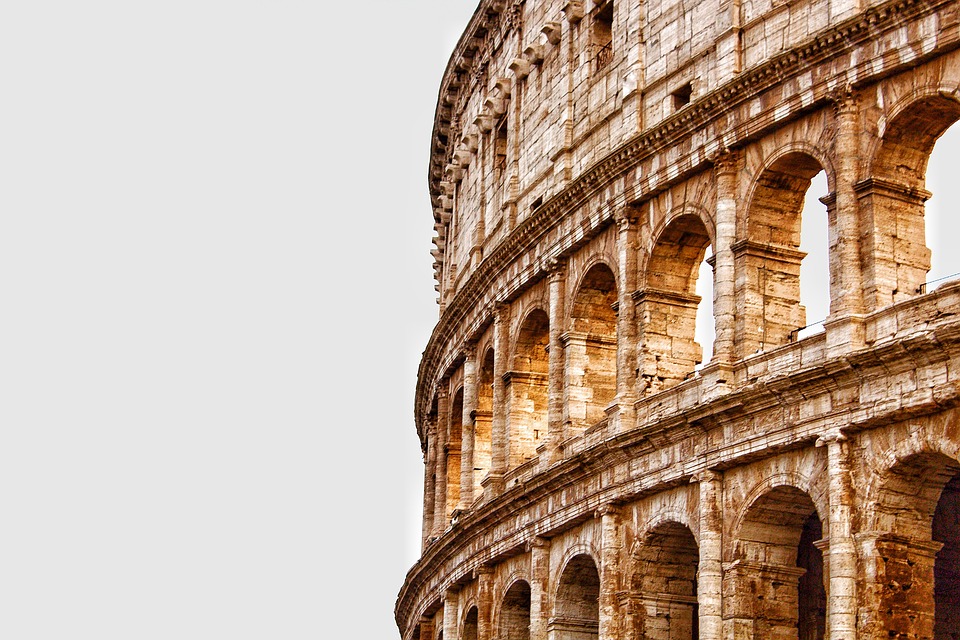
# Rio de Janeiro
Rio de Janeiro translates to “River of January” in Spanish or Portuguese. The name arose because explorers who found Guanabara Bay in the month of January incorrectly assumed the bay was the mouth of a giant river.
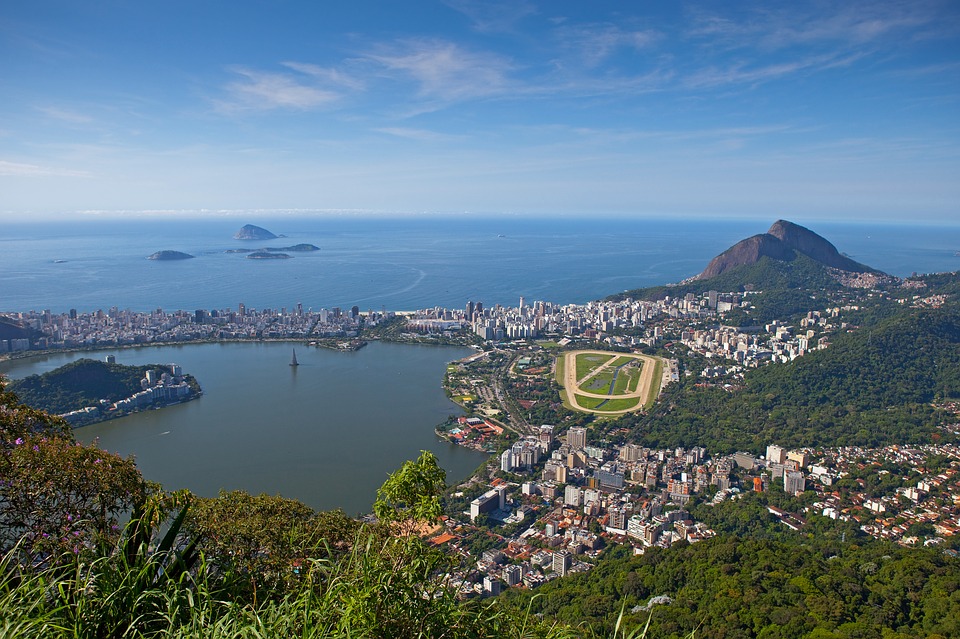
# Moscow
Moscow is founded and named in 1147 due to it sitting on the Moskva river. The meaning of “Moskva” has been highly debated upon, but linguists generally agree that it probably arises from an ancient Finnic language, with possible meanings of “marshy place”, “dark waters”. It’s obsure meaning has helped it to keep its name when other Russian cities changed according to the different points in history.
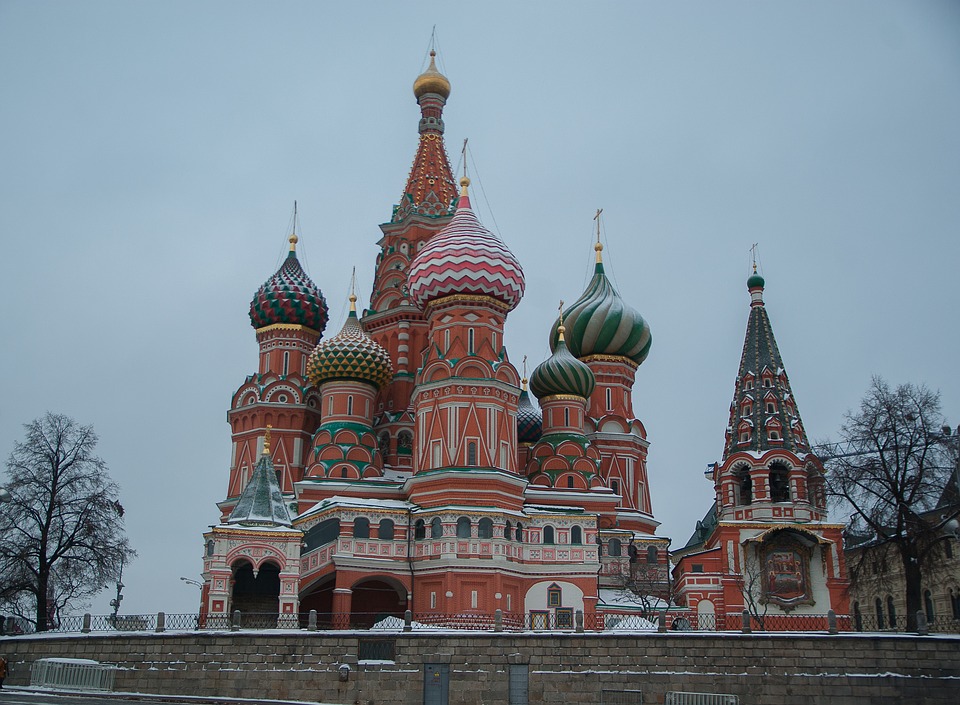
# Mexico City
Upon conquering the Aztec empire and the natives of the city of Tenochtitlan, Hernan Cortés wanted to reposition the now Spanish colonial city in an entirely different way. Cortés referred to the city previously as “Mejica y Tenochtitlan” due to its occupant Mexica tribe, and he hence renamed the new city as Ciudad de Mexico, or Mexico City.
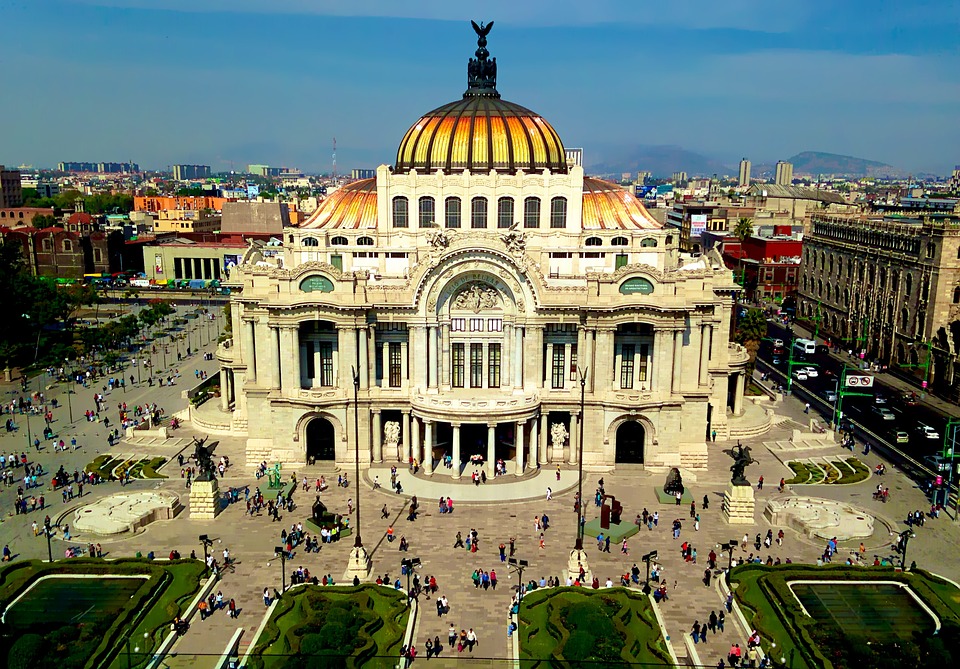
# Paris
The name “Paris” is actually named after the Celtic Parisii tribe, the first to inhabit the island in the middle of the Seine around the middle of the third century BC. The city’s name isn’t at all related to the Paris of Greek mythology, just in case you were wondering!
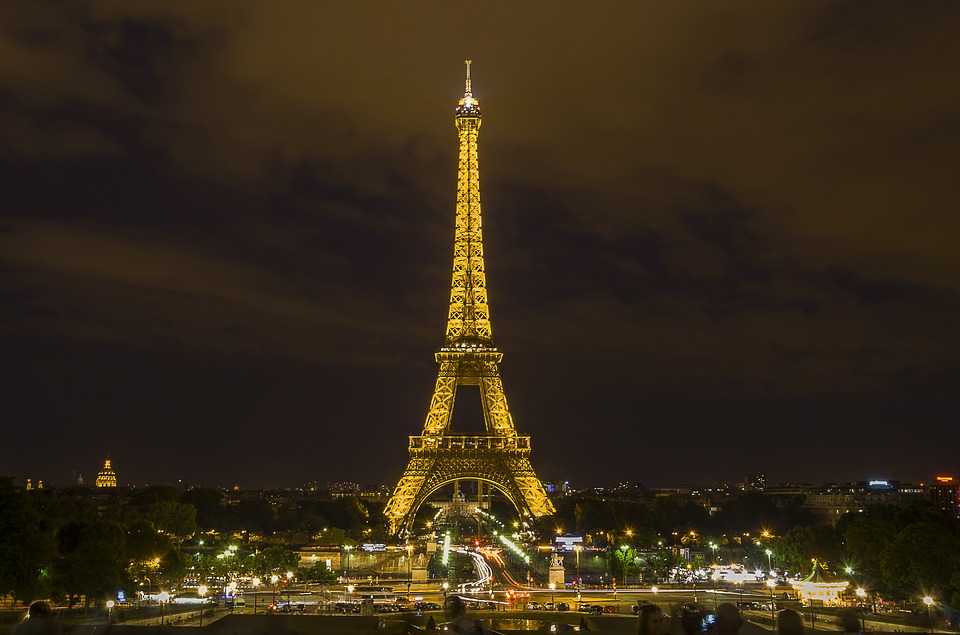
# Hong Kong
A former British colony in China, the city’s name is based on the Cantonese pronunciation of characters that mean “fragrant harbor”. The name most likely refers to Hong Kong’s early role as a port from which they exported native agar wood to the Northern provinces, where it was used to make fragrances and added to wine/liquor for flavor.

# London
The name of London is derived from “Londinium”, established around 43AD as a commercial center in Roman Britain. Londinium is believed to likely be a form of the Celtic name for the city – the name of a local chief or a derivative of “lond”, the Celtic word for “wild”.
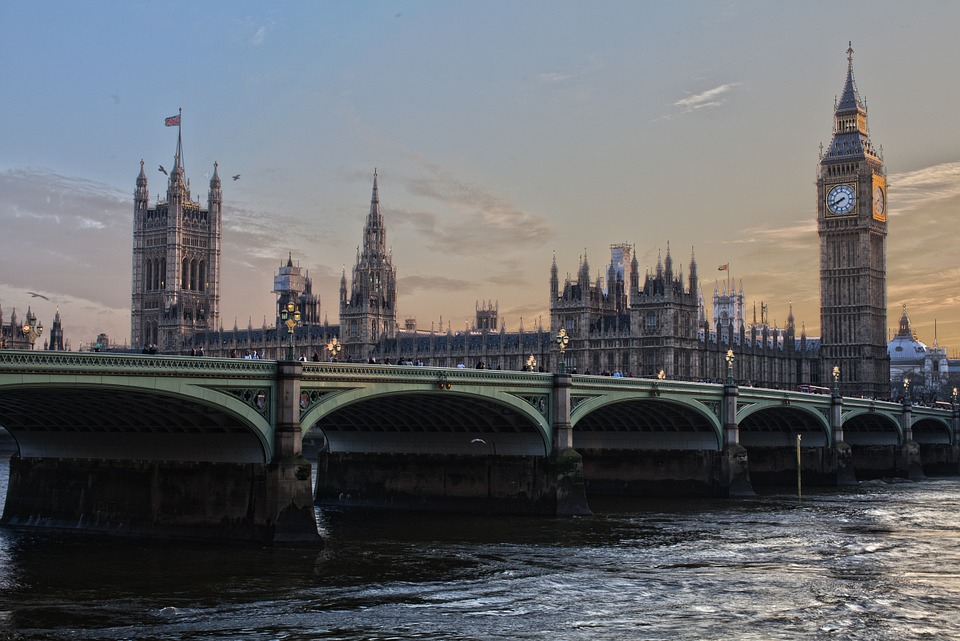
# Bangkok
Also known by locals as “Krung Tep”, Bangkok means “village of wild plums” and refers to the original site of the Siamese capital west of the Chao Phyra River in Thonburi. Lesser known however is that during the reign of King Rama I, founder of the capital city, the official ceremonial name was the longest place name with 168 letters and translated to “City of angels, great city of immortals, magnificent city of the nine gems, seat of the king, city of royal palaces, home of gods incarnate, erected by Vishvakarman at Indra’s behest”.
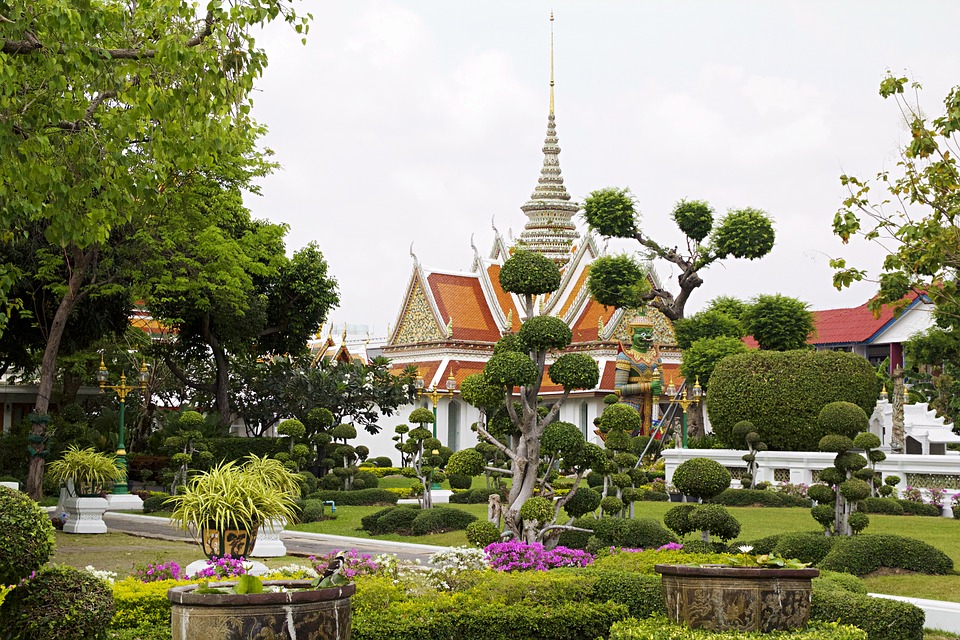
# Delhi
Although the true etymology is uncertain, a number of legends are associated with the origin of the name. A common view is that the city is that Raja (king) Dhilu of the Mauryan Dynastry who reigned in the 1st century BC, named it after himself. Another version supported by some historians believe that name is derived from Dilli, a corruption of dehleez or dehali—Hindi for ‘threshold’—and symbolic of city as a gateway to the Indo-Gangetic Plain.
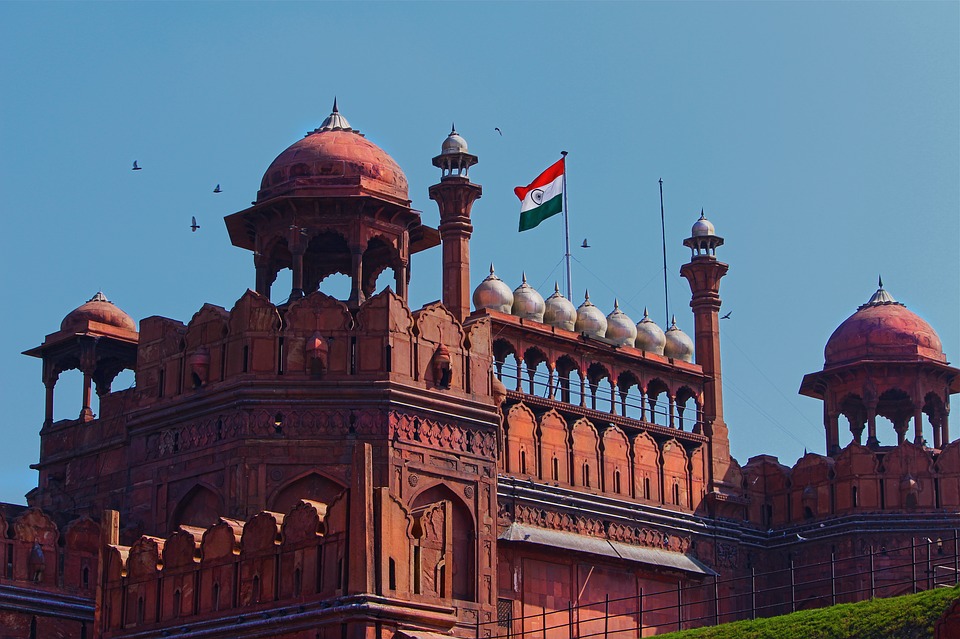
# Islamabad
The name of the city, Islamabad is derived from two words, ‘Islam’ and ‘abad’, meaning “City of Islam”. Islam is an Arabic word which refers to the religion of Islam and ‘abad’ is a Persian place name that means inhabited place or city.
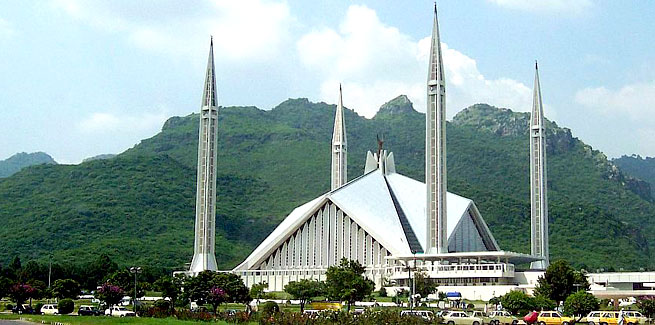
Do you have an interesting story about the name of your home city? Let us know :).
Andrie Steliou
Latest posts by Andrie Steliou (see all)
- 8 Ways to Help Keep Your Child Focused and Engaged in Online Learning - October 19, 2022
- How to Improve Social Intelligence Skills? - May 10, 2022
- How to Improve Organizational Skills at Workplace? - May 6, 2022

